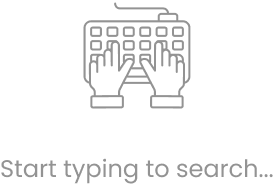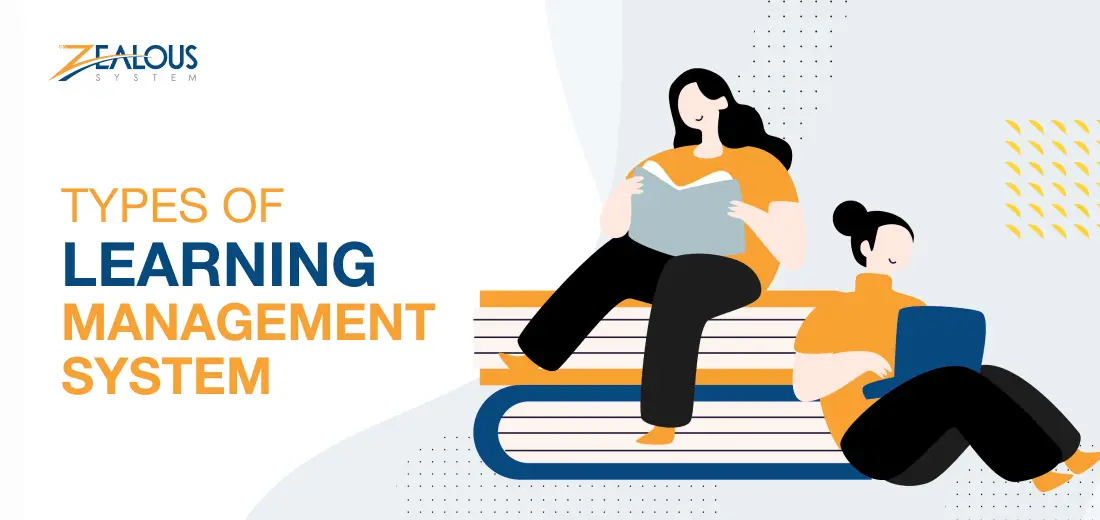


In today’s fast-paced world, education has expanded outside traditional classrooms. Learning Management Systems (LMS) have become essential tools for delivering online education and management, whether for schools, organizations, or personal development.
But did you realize there are several sorts of LMS systems built to meet certain needs? In this article, we’ll look at the seven basic types of Learning Management Systems and help you choose which one is ideal for your needs. Let’s plunge in!
A Learning Management System (LMS) is software that allows you to organize, develop, distribute, track, and evaluate online training programs. It enables Learning and Development (L&D) teams to deliver ongoing, high-quality training that contributes to the company’s development and success.
An LMS allows firms to organize training resources and make them easily accessible to employees. It guarantees that personnel obey corporate policies and adhere to crucial standards established by local and federal authorities. This enables businesses to increase staff abilities while remaining compliant with applicable requirements.
A cloud-based learning management system (LMS) is an online training platform that gives students access to courses at any time and from any location. Users may learn using their mobile devices, desktop computers, or tablets because all course materials and information are kept in the cloud.
Most cloud-based LMS providers allow you to tailor the platform to your specific training needs. They also include functionality for integrating with other tools that improve the learning experience.
One of the primary advantages of a cloud-based LMS is its cost. You simply pay for what you use, which might be more cost-effective than other LMS solutions. Maintenance and support fees may apply, but they are often minimal. Many providers also offer free trials, so you can explore the system before making a decision.
Benefits of cloud-based learning management system
Open-source Learning Management Systems (LMS) are another popular option. It is open-source code, which means that anybody with technical abilities may use it and modify it to meet their team’s learning requirements.
Organizations may tweak the features and add additional tools to achieve their own training objectives. This solution is ideal for organizations with an in-house technical staff.
Open-source LMS is less expensive since it does not require license costs. However, enterprises must have the necessary resources and assistance to effectively manage it. They can choose managed hosting options, in which suppliers supply an open-source LMS and minimal support at a cheap cost.
Benefits of Open-Source LMS:
A Mobile Learning Management System (LMS) is a popular technology that allows students to access training from any device, including a smartphone, tablet, or desktop. This form of LMS is becoming more widespread in modern learning and development programs. It allows teachers and trainers to develop and deliver training at any time and from any location.
With a Mobile LMS, students are not confined to a desk. They may learn at their own speed and timetable. The technology makes it simple to browse and download training materials, putting knowledge at your fingertips while enhancing comprehension and memory retention.
Benefits of mobile learning management system:
A Corporate Learning Management System (CLMS) is a software platform that enables corporations and organizations to teach, educate, and upskill their staff. It enables businesses to provide, organize, and track training programs, courses, and learning resources in a consolidated and efficient manner.
Corporate Learning Management Systems (LMS) may be installed in two ways: on-premises and in the cloud. On-premises implementation requires the business to purchase and maintain the necessary gear and software to run the LMS. In contrast, cloud-based deployment means that the LMS is hosted by the provider and may be accessed online by learners.
Advantages of using a corporate LMS:
A Blended Learning Management System (LMS) is a platform that blends conventional face-to-face and online learning approaches. It is intended to promote a flexible and balanced approach to education, allowing students to benefit from both in-person interactions and the convenience of digital resources.
Here are some instances of blended learning activities that a blended learning LMS can accommodate:
An enterprise learning management system (LMS), often known as a commercial LMS, is best suited for big businesses with 500 or more workers. It aids in the management of training programs, such as onboarding new personnel, enhancing existing employee abilities, and assuring regulatory compliance. It may also be used to teach clients and partners.
Enterprise LMS include a variety of sophisticated capabilities, including the ability to create learner groups, build learning paths, promote social learning, incorporate gamification aspects, and enable mobile learning. They also integrate effectively with other technologies like as CRM systems, HR software, and LMS platforms.
Benefits of enterprise LMS:
A customized Learning Management System (LMS) is created to address unique learning requirements and business operations. A bespoke LMS is a fantastic solution if you want complete control and ownership over your training content’s intellectual property (IP).
A bespoke LMS, as opposed to a regular LMS, offers increased security and safety. It connects seamlessly with other systems, allowing for quick information transfer without the need for IT help. A bespoke LMS gives you complete control over the features you include. It provides simple tools for content editing, automation, advanced reporting, and more.
Benefits of custom LMS:
As the educational landscape evolves, the different types of learning management systems empowers institutions and businesses to choose solutions aligned with their unique goals. Whether embracing the cloud, fostering collaboration through social learning, or gamifying the educational experience, the variety of LMS types guarantees a perfect fit for every learning environment. For tailored solutions, consider partnering with an education software development company. Stay tuned for deeper insights into the world of educational technology.
Our team is always eager to know what you are looking for. Drop them a Hi!
Comments